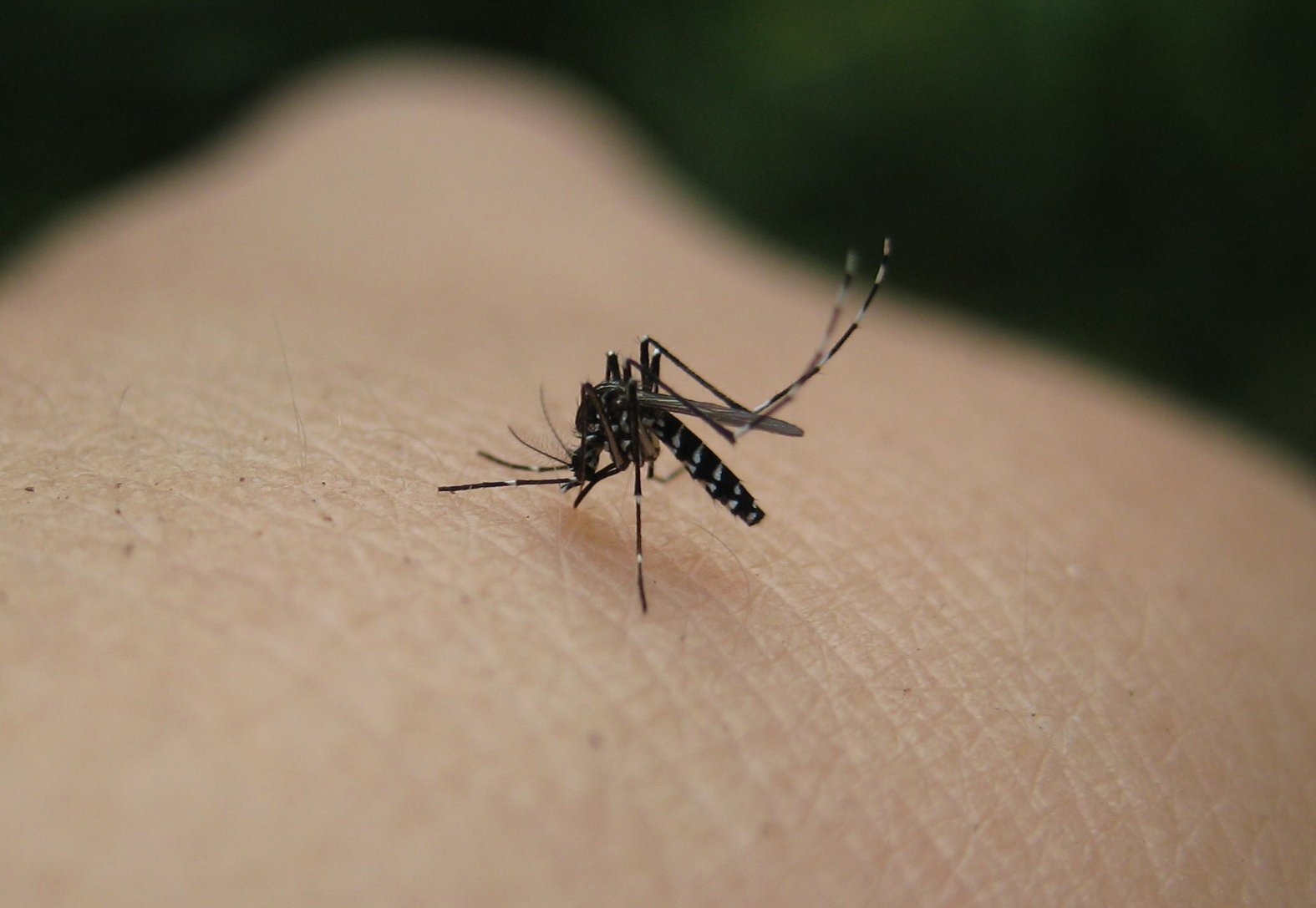Genes that have mutations (changes) in the human body usually triggers abnormalities in the form of the disease or incompleteness of organs. Researchers found the average man has 60 genes that mutated from the original source (parent).
Most genetic mutations that experienced by humans occur during the formation of sperm and egg cells from radiation, pollution and the use of drugs. Most others occur after birth, but the number was not how compared to gene mutations that occur in the process of reproduction.
Dr Matt Hurles of the Wellcome Trust Sanger Institute in Cambridge revealed that after 6000 unravel the genetic makeup of families consisting of a father, 1 mother and 1 child. The results showed, on average each child has 60 different genes from their parents.
This finding is surprising because during the time believed that the genetic mutation only occurs in 1 in 100 million arrangements Deoxyribo Nucleic Acid (DNA) in 1 generation. Changes in the composition of DNA is also experienced almost everyone, so do not always triggered by nuclear radiation.
The study also broke the previous assumption, saying that more genetic mutations inherited from the father through the sperm. This assumption is based on the theory that sperm undergo a process of cell division is more complicated than the egg.
But according to Dr Hurles observation, the source of genetic mutations in the reproductive process varies greatly in each family. In one sample, 92 percent of the mutations of genes obtained from sperm cells, while the other sperm samples accounted for only 36 percent.
"Now we know that in some families, the majority of genetic mutations derived from the father while in other families, mostly from mothers," Dr Hurles said in a report in the journal Nature Genetics, as quoted from Dailymail.
Dr Hurles will expand this research to reveal how much influence the environment and the reproductive age of the gene mutation. The result is expected to be applied to genetic diseases such as sickle cell anemia month (sickle cell anemia), cystic fibrosis and so on.









